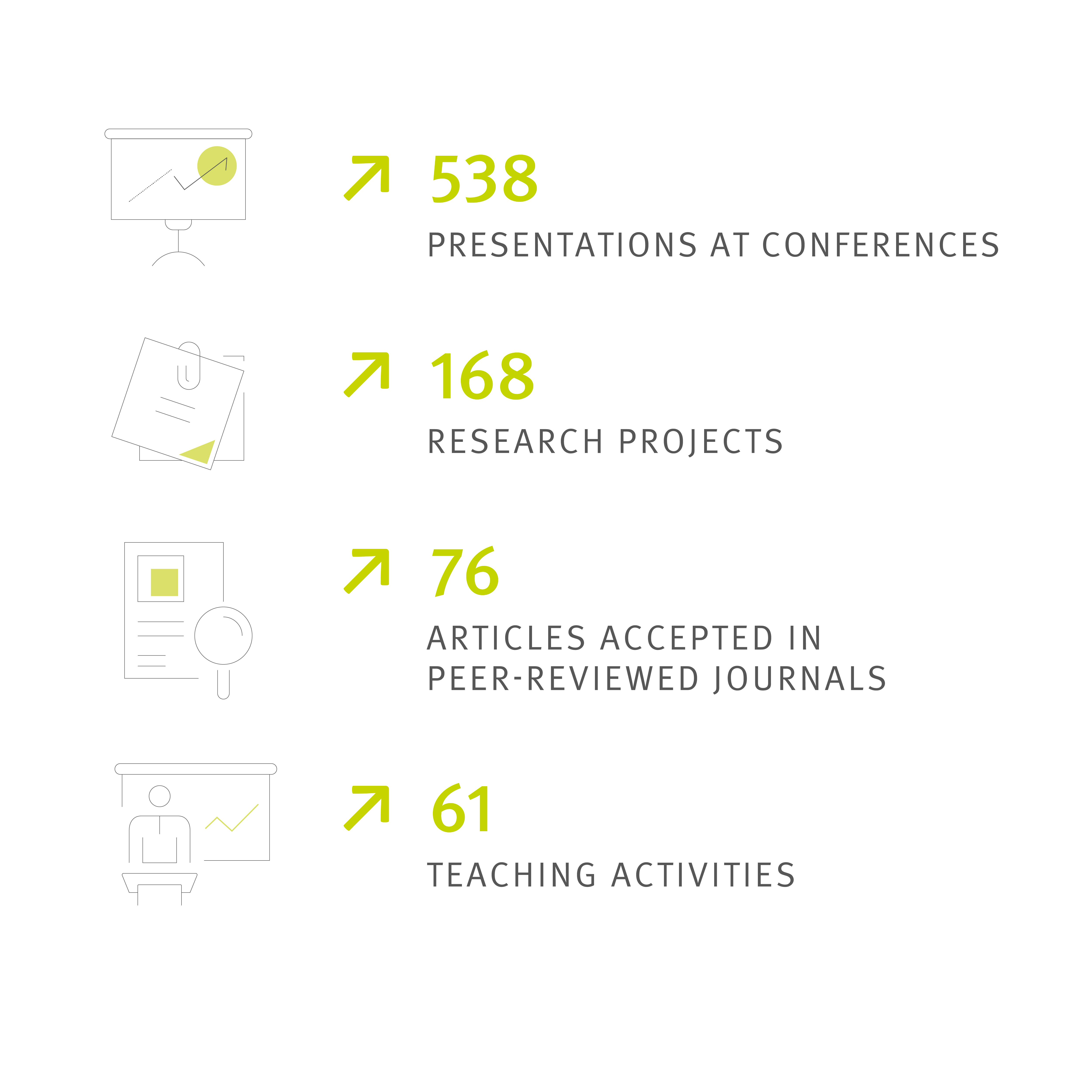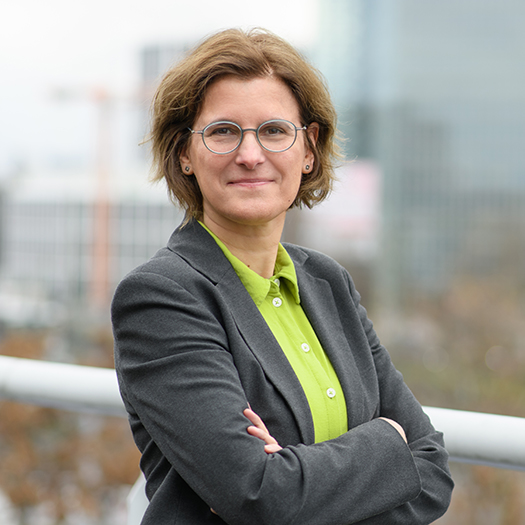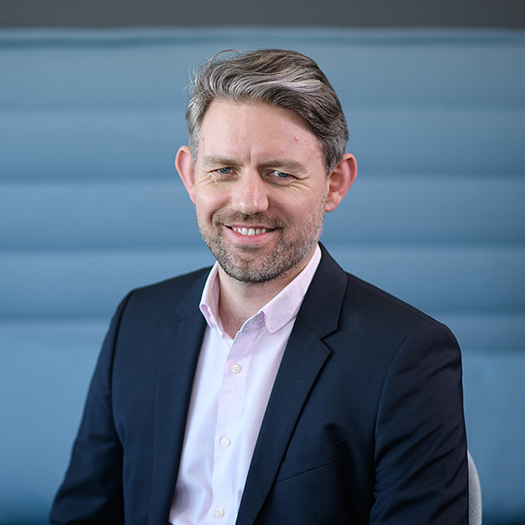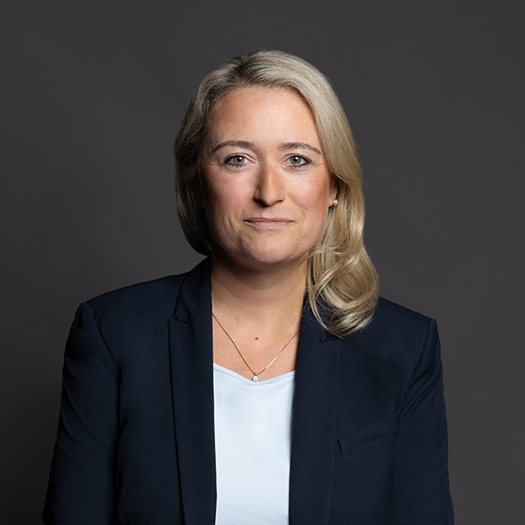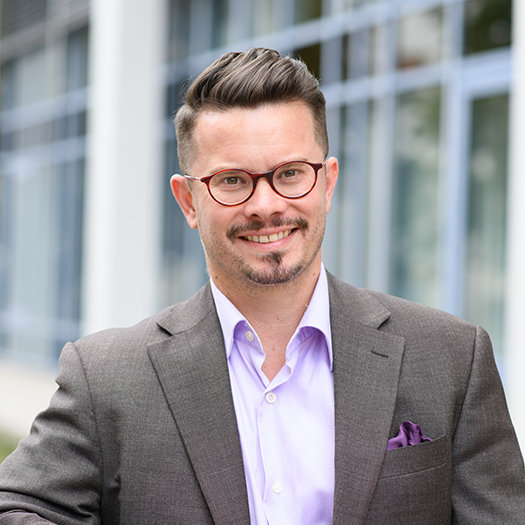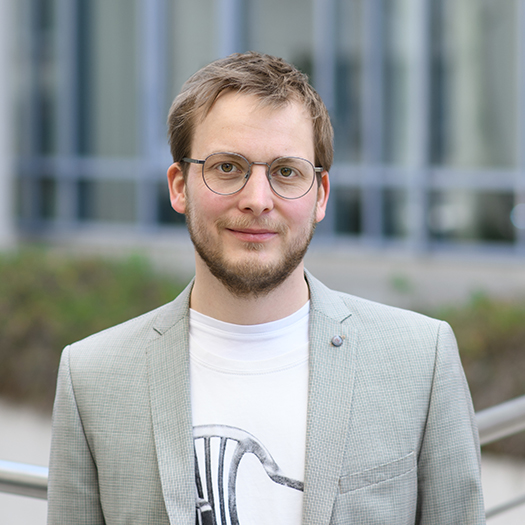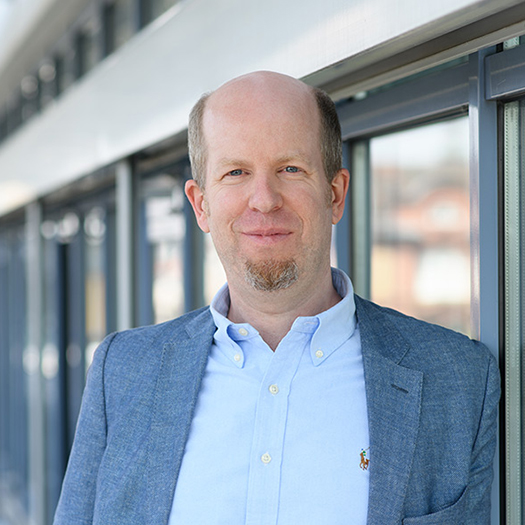About ZEW
The ZEW – Leibniz Centre for European Economic Research in Mannheim is a non-profit and independent institute with the legal form of a limited liability company (GmbH). ZEW is a member of the Leibniz Association. Founded in 1990 on the basis of a public-private initiative in the Federal State of Baden-Württemberg in co-operation with the University of Mannheim, ZEW is one of Germany's leading economic research institutes, and enjoys a strong reputation throughout Europe.
Our Profile
Mission
The two main pillars of ZEW’s work are:
- economic policy research
- evidence-based policy advising
Politically relevant research and science-based policy advice – that is what ZEW stands for.
ZEW is one of Germany’s leading economic research institutes and enjoys a strong reputation throughout Europe. It is a member of the Leibniz Association. Our mission is to conduct research for the benefit of society. In our scientific work – e.g. on digitalisation and innovation, taxes and pensions, equal opportunities and climate protection – we therefore focus on practice-oriented issues. In doing so, our guiding mission is to study the optimal performance and the design of markets and institutions in Europe.
Our research topics
The ZEW´s research guiding principle runs through all nine research units. These form the core of ZEW. Due to our broad spectrum of content, we are able to address central economic issues and enrich the economic policy debate.
Our research is structured in the following units:
-
Pensions & Green FinancePensions and Sustainable Financial Markets
-
LabourLabour Markets and Social Insurance
-
DigitalisationDigital Economy
-
HealthHealth Care Markets and Health Policy
-
Innovation & FirmsEconomics of Innovation and Industrial Dynamics
-
Market DesignMarket Design
-
Society & InequalityInequality and Public Policy
-
Taxes & Fiscal AffairsCorporate Taxation and Public Finance
-
EnvironmentEnvironmental and Climate Economics
In addition, ZEW’s scientific expertise manifests in three overarching focus topics:
How we do our research
Research Funding
Institutional funding by the federal and state government institutions is the financing basis for ZEW’s research work, accounting for around 63 per cent. Most of the remaining 33 percent of the Institute's financial resources are obtained from research projects for third parties, including the European Commission, ministries and institutions of the federal and state governments, as well as companies, associations, and local authorities ((preliminary numbers).
ZEW's work is conceptually and financially supported by the ZEW Sponsors' Association for Science and Practice (Registered Society), which was founded in 1993. The firms belonging to this organisation facilitate a constant exchange between the domains of research and practice.
Best Academic Practice Guidelines at ZEW
In order to fulfil its responsibility in research, ZEW has committed itself to follow strict guidelines to ensure good scientific practice. The current guidelines are available upon request from the ombudspersons. Professor Irene Bertschek and Professor Christoph Böhringer have been appointed as ombudspersons.
Ethics Committee
ZEW has set up an Ethics Committee to advise ZEW researchers on the ethical standards of their projects. The rules of procedure of the committee were adopted in December 2023. In particular, the committee deals with ethical issues in the implementation of research projects involving the participation of individuals. The committee is an independent and purely advisory body. The members of the Ethics Committee are Professor Friedrich Heinemann (Chair), Dr. Sandra Gottschalk (Deputy Chair), and Professor Philipp Böing. The deputy members are Professor Nicolas Fugger and Dr. Dominik Rehse.
Sustainability at ZEW
By signing Baden-Württemberg’s WIN Charta in 2017, ZEW officially committed itself to economic, environmental, and social sustainability. The ZEW target concept (PDF file, not barrier-free, 692 KB, German), which was submitted to the state of Baden-Württemberg in March 2018, defines the goals and intended measures for increasing sustainability at the institute. The status of implementation as well as planned future measures are outlined in an annual sustainability report, documenting ZEW’s contribution to sustainability.
Knowledge Transfer
Our communication channels
In order to make the results of ZEW’s research and advisory work visible and to satisfy the needs of our target audience, we use a variety of communication channels:



